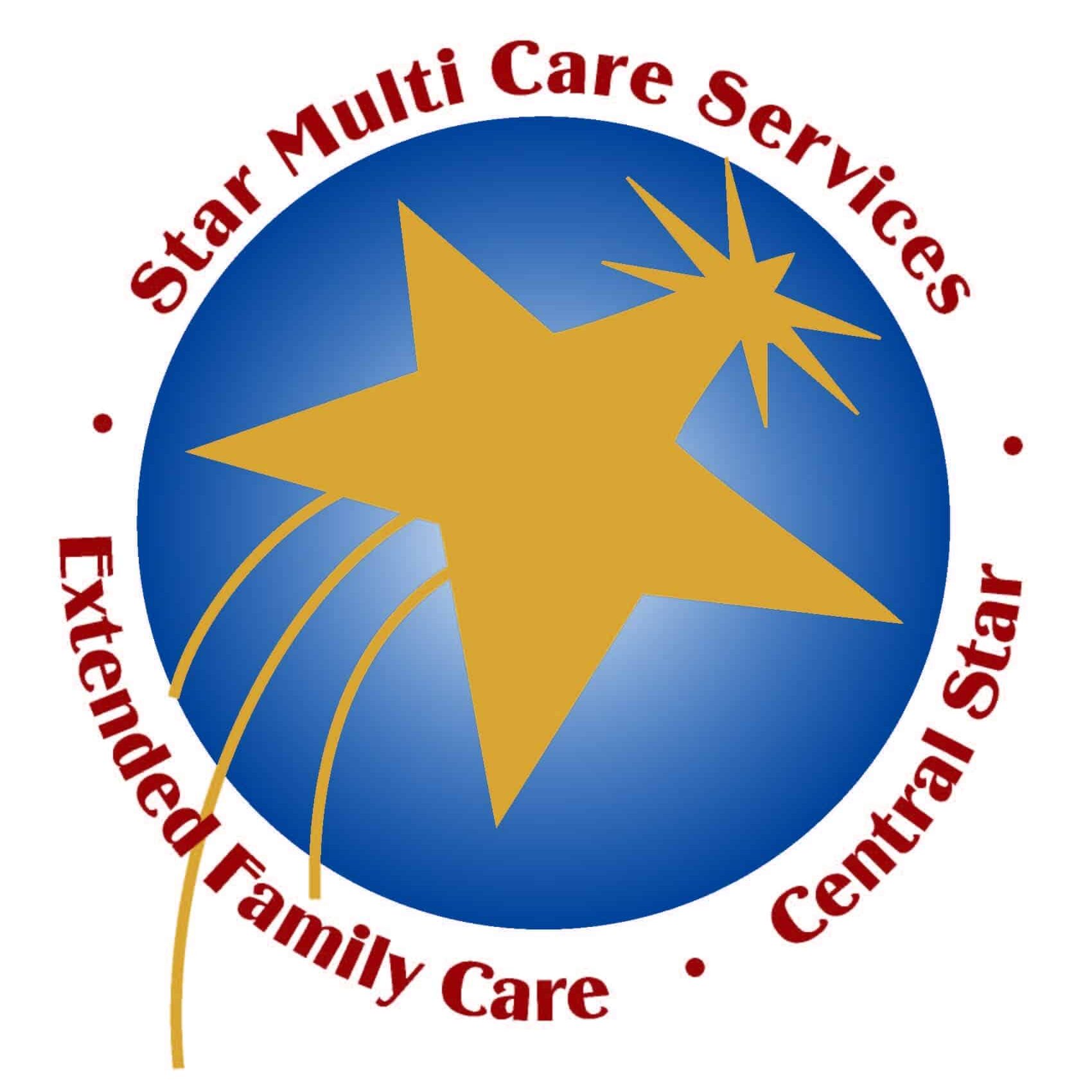Gout is the result of uric acid needle-like crystals deposited in tissues and joints. It is the most common inflammatory arthritis among men and can produce severe pain in its acute phase.

Appearance
Gout has several stages, some of which produce no outwardly visible signs and others that produce acute flare-ups accompanied by intense pain, redness and swelling of the affected area. It is commonly associated with the big toe, but may be found in other joints as well such as the knees, wrists, fingers and elbows.
Risk Factors
There are several lifestyle choices that can contribute to gout. These include being overweight, drinking too much alcohol, and eating foods rich in purines which include anchovies, mackerel, sardines, scallops, liver, game meats, gravy, animal organs, asparagus and dried beans and peas. Other diseases that help contribute to gout include high blood pressure, and hypothyroidism. Medications that can put people at risk include diuretics, aspirin, cyclosporine and Levodopa.
Treatment
Treatment choices ultimately depend on the underlying cause. The goal of treatment is to reduce the pain associated with acute flair-ups and limit future attacks. Treatment may include medication such as non-steroidal anti-inflammatory drugs and lifestyle changes. Treatment for other diseases may need to be addressed. A list of medications, supplements and over-the counter remedies should be taken to your parent’s primary health care provider or pharmacist to ensure there are no drug interactions or medications that may be a contributing factor.
How you can Help
Helping your parent with dietary and lifestyle changes can be challenging. The pain associated with gout, however, can definitely be a motivating factor. The nutritional needs for a person with gout are, to a large degree, the same needs as someone in search of a good, over-all healthy diet. This includes an abundance of vegetables, including leafy greens, and fruit. Limited high-quality low-fat protein and low-fat dairy products are a good addition. Specific foods to avoid are those rich in purine.
Regular beer and hard-liquor drinkers are at two to three times the risk of developing gout. A glass of wine, or two, per day does not seem to have the same effect. In addition, make sure their diet is low in sugars. Limit soft drinks and fruit juice. A study of 46,000 men found that those who drank two or more sugar-sweetened soft drinks per day had an 85 percent increased risk in gout.
As with any health regime, exercise is a vital part of the program. Low-impact cardiovascular activity helps metabolize acid in the body. When acute flare-ups have subsided, help motivate your parent to exercise at least 30 minutes per day 5 days per week. If they haven’t exercised for awhile, start with 10 minutes and increase a few minutes every day. Good exercises that minimize joint impact include walking and water aerobics or swimming. Be sure to check with their health care provider before starting an exercise program.
Home Care Provider
A home care provider can assist your parent with the daily activities of living that are particularly difficult to perform during an acute attack. They can prepare healthy meals keeping the dietary restrictions of gout in mind. They can accompany your parent on daily walks and provide transportation to exercise classes.
If you or an aging loved one are in need of home care in Northport, NY or the surrounding areas, contact the caring professionals at Star Multi Care Services today at (631)956-8835. We are the Right Choice for Home Health Care Services!
- Helping Seniors Age in Place - March 12, 2025
- Companion Care VS Licensed Home Health Care - March 10, 2025
- Senior Scam Seminar – Protecting Our Seniors - March 10, 2025

